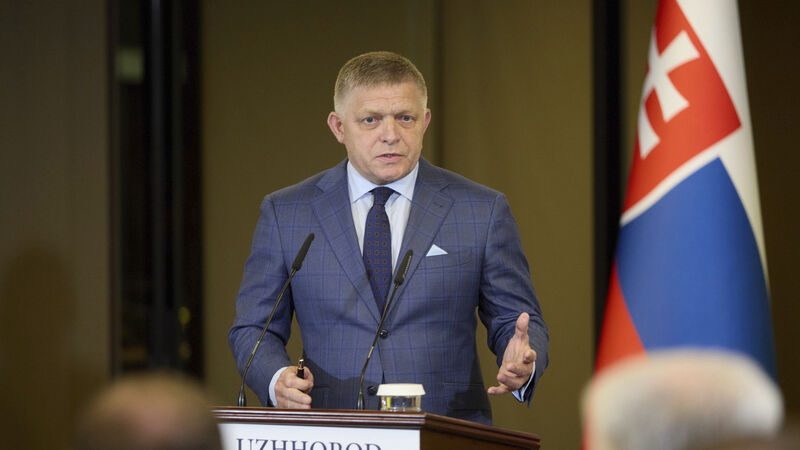Slovakia passes constitutional amendment recognising only two sexes

Slovakia’s parliament has passed an amendment to the constitution that recognises only two sexes, along with other measures that critics say might breach the country’s international obligations and undermine the protection of human rights.
The amendment, which was drafted by populist prime minister Robert Fico’s government, required a three-fifths majority. It passed with 90 votes of the 150-seat National Council. Twelve conservative opposition politicians helped the ruling coalition win the vote.










